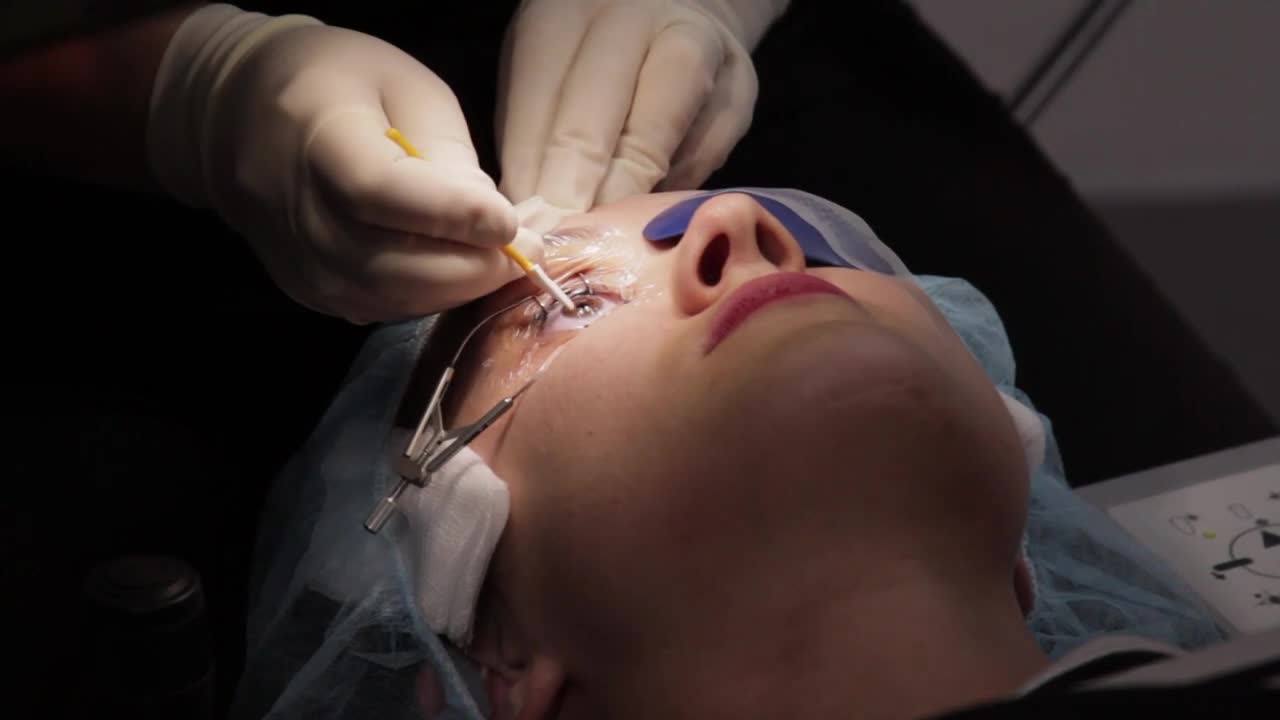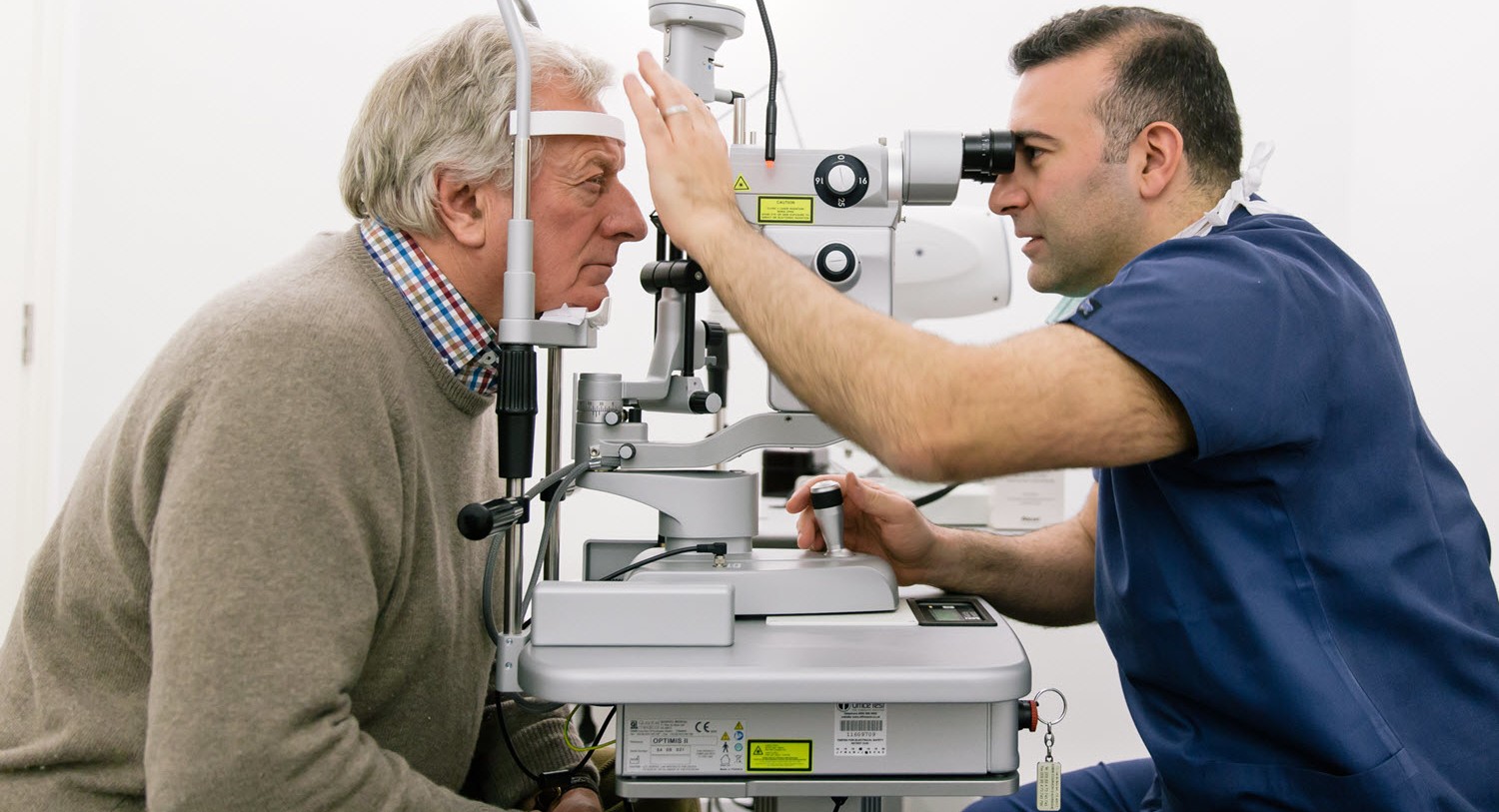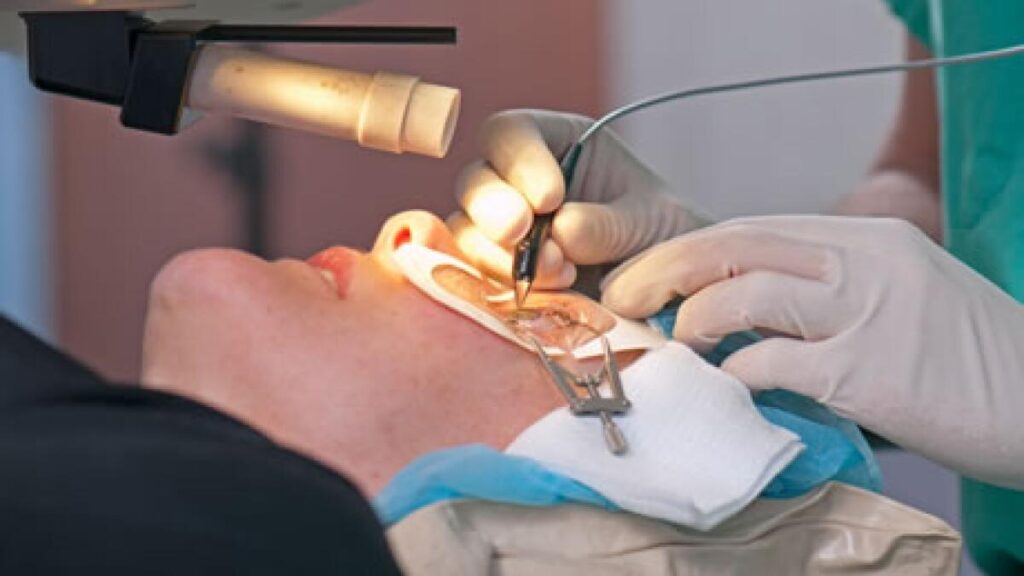It’s a fact that laser eye surgery can change your vision and entire lifestyle for the better in 24 hours. It can also enhance your productivity in your respective field of endeavor. No matter the level of the vision disorder, laser eye surgery can correct and restore your vision to a perfect state, even than the previous quality.
Indeed, laser eye surgery comes with numerous mouthwatering benefits. But, it can also result in certain vision complications. Are you shocked? You should be aware that laser eye surgery can also come with some health risks.
Amusingly, most of the articles on laser surgery emphasize the health benefits majorly. As good as that may seem, it does more harm than good. Medically, exposing patients to a procedure’s possible side effects is professional to understand what to expect afterward fully.
Also, knowing about the side effects of laser eye surgery will help you learn how to minimize or eliminate them. That’s the silver lining! Hence, this article aims to inform you of the possible risks and how to avoid them.
Interestingly, most of these side effects are temporal. They will disappear automatically after a few days without serious medications or treatment. You only need to be prepared for the new experience ahead and learn how to handle any of them that comes your way after the surgery.

The most important way to reduce the health risks associated with laser eye surgery is to find an experienced surgeon with an impressive track record in handling the procedure. More so, you need to allow the operating surgeon first to examine your medical history to decide whether you are medically fit for the surgery or not.
4 Side Effects of Laser Eye Surgery
1. Halos and Glare
Whether you had LASIK or other types of laser eye surgery, you will most likely experience halos for a few days or weeks after the procedure. This symptom is common to everyone who undergoes laser-assisted refractive surgery before getting the right results.
Why is these conditions general? The fluid in the newly operated cornea would obstruct your vision, causing lights to scatter in your view. Depending on the body composition of the patients, this experience may last for days or weeks. However, the halos disappear immediately. The fluid clears and gives you a more balanced view.
In rare cases, patients may not recover from the adverse effects of halos after many weeks. Then, it becomes permanent. In this condition, the victim may experience worse vision at night, seeing left-hand images. When halos become a permanent problem, it is primarily a result of the induced alteration from the laser during the procedure.
Indeed, this vision problem can be frustrating. But, the exciting part is that it’s not likely to happen if you have not been nursing some hidden severe health issues.
How to Avoid Halos And Glare
To avoid glare and halos after laser eye surgery, make sure that:
- You hire an experienced surgeon that has an impressive track record in performing laser eye surgery and understands the significance of surgery aberrations
- Your surgeon measures your pupil’s size in dark light
- You notify your surgeon to administer ASPHERIC treatment to you
- The surgery center has up-to-the-minute laser technology that is well maintained.
2. Flap complications
Flap complications are arguably the most common complications that surface after laser eye surgery. This eye defect symptom may include buttonholes, irregular fragmented flaps, and partial flaps. This incidence may occur when the surgeon uses a microkeratome blade to create a flap during the procedure.
Unless you hire an inexperienced surgeon, flap complication is a rare side effect of laser eye surgery. It was most common a few years before the IntraLase femtosecond laser came into practice. Nowadays, you will hardly find cases of flap complications after any laser-assisted surgery. However, your surgeon needs to observe some precautions to avoid the problem.
How to avoid flap complications
- Ask your surgeon if he has vast experience using Intralase during laser eye surgery. It is also important to ask him how long he has been performing the surgery with IntraLase. Experience counts when it comes to laser eye surgery.
- When the procedure begins, ask your surgeon to use the IntraLase laser to create the corneal flap.

3. Dry eye
Almost everybody who undergoes laser eye surgery would have to experience temporary dry eye symptoms a few hours after the surgery. Indeed, it is customary for your eye doctor to give you some aftercare medications to treat dry eye and other temporary vision issues as you return home.
Meanwhile, dry eye symptoms can become a long-term problem if you are not committed enough to your aftercare treatment. This vision problem may also occur if a surgeon fails to perform a thorough evaluation before the surgery. Some dry eye symptoms may include burning, pains, grittiness, and fluctuating vision.
How To Avoid Dry Eye
- Make sure your eye doctor has vast experience in conducting dry eye tests. You also need to confirm if your surgeon is well knowledgeable about dry eye treatments.
- Ask your surgeon to run a test to discover if you are a patient of Meibomian Gland Disease. This gland stays in the eyelids, producing essential oils that prevent tears from evaporating within a short period.
- Make sure you take re-esterified Omega-3 supplements to increase the functionality of the Meibomian gland.
- Take eye drops that contain no preservative frequently after the surgery.
- Avoid looking at the screens of mobile phones, computers, and other related gadgets for a long time. You can take a break every 20 minutes to close your eyes and look elsewhere before returning to work.
4. Infection
It is typical for every surgery to come with the risk of infection after the procedure. However, it is always very minimal in all the types of laser eye surgery available.
How To Avoid Infection
- Patronize a prolific surgery center that provides top-notch Care Quality Commission rating.
- Make sure the surgery environment is well prepared for the procedure. Try to know the exchange rate of the air per hour. Make sure you don’t settle for anything below 10 per hour, as that is the minimum acceptable.
- Ensure your surgeon gives you antibiotics during the preoperative preparation stage and during surgery.
Finally
Laser eye surgery is an effective procedure that restores excellent vision in the shortest time possible. Meanwhile, you must carefully choose your surgeon to avoid the troubles of prolonged vision complications that may later become permanent. Experience is one of the must-have qualities of any surgeon you hire. You can rest assured of good outcomes if he has performed several procedures without issues. You can also read about Getting started with nitrile gloves by visiting https://mercychildrensclinic.org/getting-started-with-nitrile-gloves/






